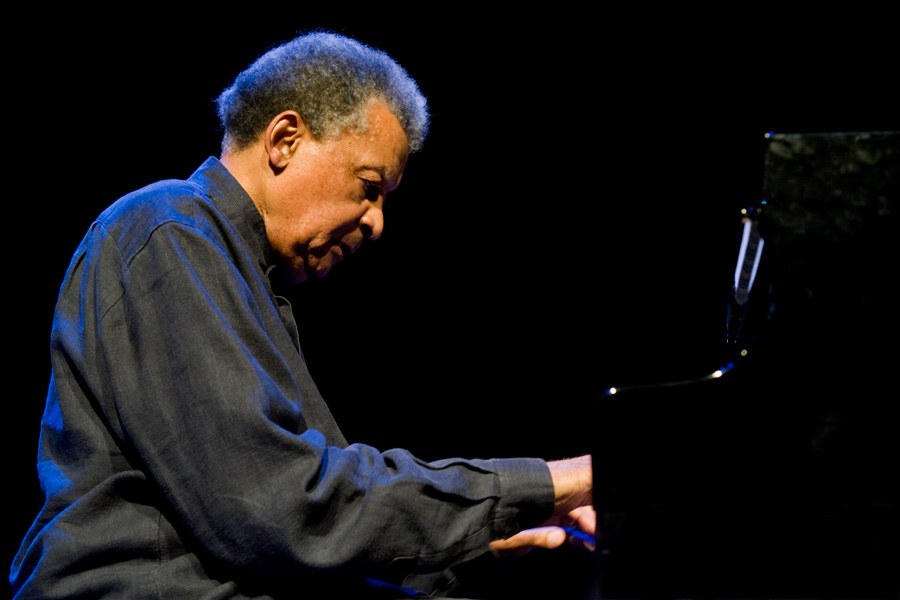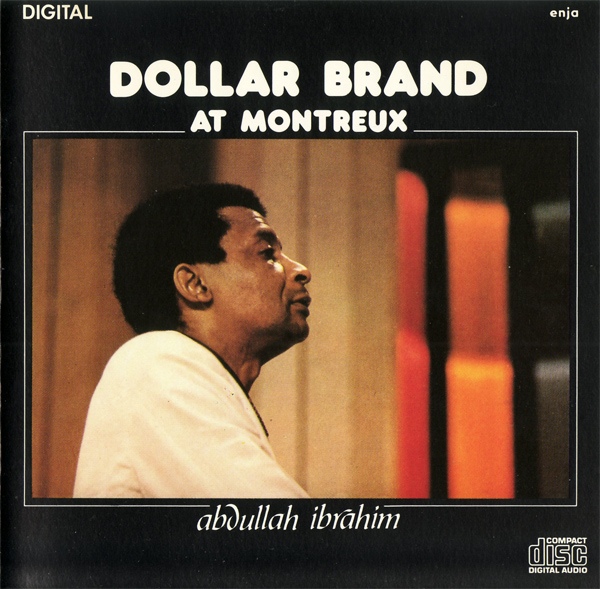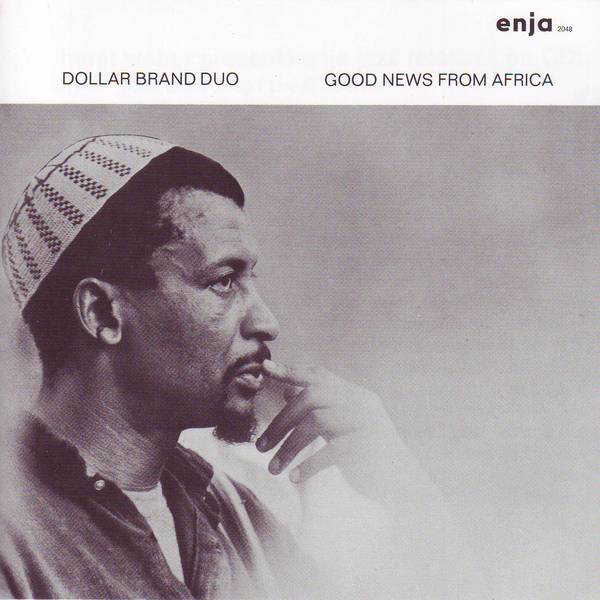Abdullah Ibrahim, a legendary South African pianist and composer, has shaped the world of jazz with his innovative Cape jazz style, blending traditional African elements with rich jazz harmonies. His remarkable career spans over seven decades, marked by a journey from apartheid exile to global recognition, and a profound spiritual transformation that continues to influence his captivating music.

Abdullah Ibrahim, born Adolph Johannes Brand on October 9, 1934, in Cape Town, South Africa, is a renowned pianist and composer who has made significant contributions to jazz music, particularly in developing the subgenre known as Cape jazz. Previously known as Dollar Brand, Ibrahim's musical journey spans over seven decades, making him one of South Africa's most distinguished musicians with global recognition.
Abdullah Ibrahim grew up in the multicultural port areas of Cape Town, where he was exposed to a rich tapestry of musical traditions. His early influences included:
Born in Kensington, Cape Town, Ibrahim was immersed in a melting pot of cultural influences that would later define his unique sound. This diverse musical environment helped shape his distinctive approach to composition and performance.

Ibrahim's professional music career began in the 1950s. In 1958, he formed the Dollar Brand Trio, which became a pioneering force in playing bebop with a distinctive Cape Town flavor. His early work was characterized by:
By the early 1960s, Ibrahim had established himself as a significant voice in South African jazz. However, the oppressive apartheid regime made it increasingly difficult for him to pursue his career in his homeland.

In 1965, Ibrahim moved to New York City, going into exile from the apartheid regime in South Africa. This period marked significant growth in his international career:
In 1967, Ibrahim received a Rockefeller Foundation grant to study privately with Professor Hall Overton of the Juilliard Music School, who was known for arranging Thelonious Monk's compositions for large ensembles.

The year 1968 marked a pivotal turning point in Ibrahim's life. Seeking spiritual harmony amid an increasingly fractured existence, he returned to Cape Town where he converted to Islam, changing his name from Dollar Brand to Abdullah Ibrahim. This spiritual journey continued when he made a pilgrimage to Mecca in 1970.
This spiritual transformation profoundly influenced his music, bringing new dimensions to his compositions and performances. During this period, he also embraced martial arts as another form of spiritual discipline.

After spending a couple of years in Swaziland, where he founded a music school, Ibrahim and his family briefly returned to Cape Town in 1973. During this period:
Due to the political climate, Ibrahim and his family soon left South Africa again, returning to New York where they settled once more.

Ibrahim's music is characterized by:
As the leading figure in Cape jazz, Ibrahim created a distinctive sound that has influenced generations of musicians both in South Africa and internationally.

Ibrahim is married to jazz singer Sathima Bea Benjamin, with whom he has two children. One of their children is Jean Grae, who became a notable figure in New York's underground rap scene.
Ibrahim has maintained an active career into his later years:
With a career spanning from 1955 to the present day, Abdullah Ibrahim remains an active and influential figure in the world of jazz and South African music.
